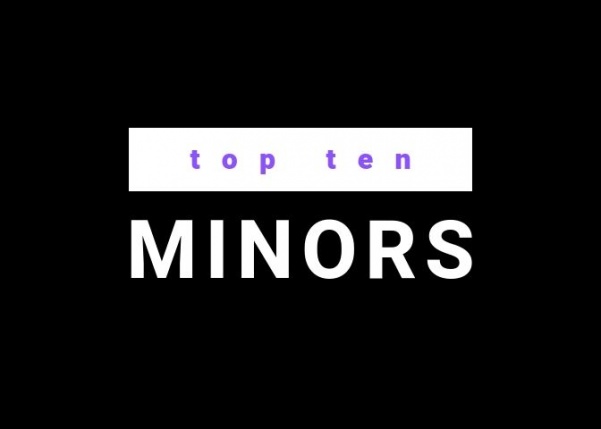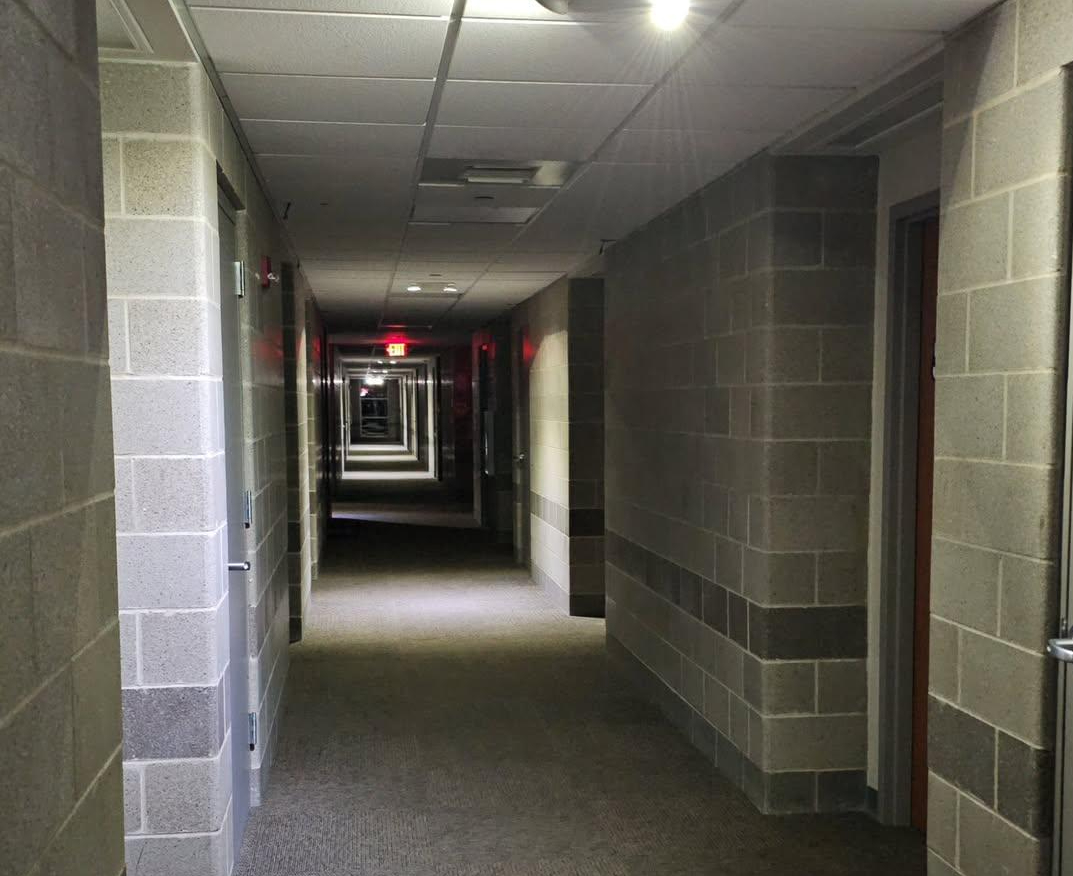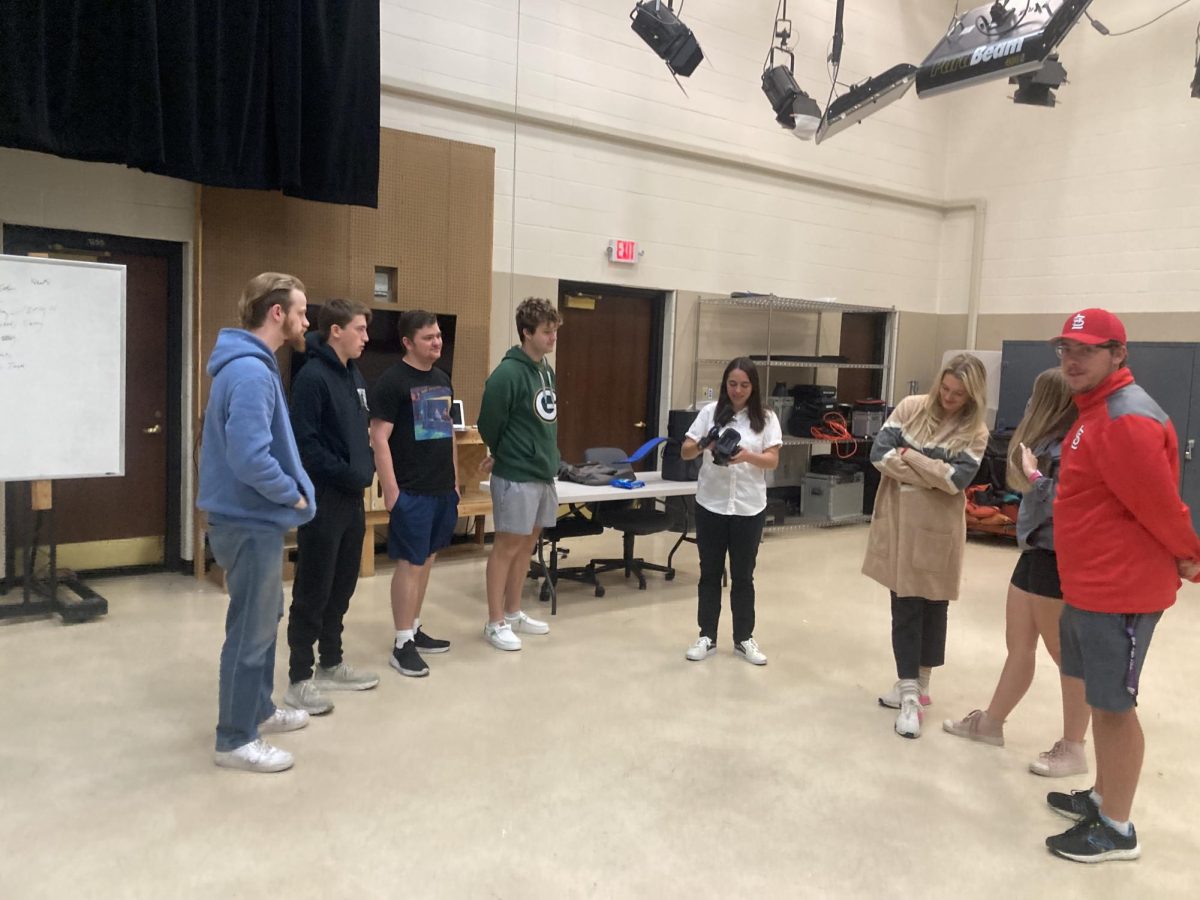KAYLA DRAKE | Editor-in-Chief
Minors are a way to add an additional area of expertise to a resume or an outlet for a hobby in college. Below are the top ten minors at Lindenwood.
- Secondary Education: The minor requires 39 credit hours.
This minor is for students who want to be certified as high school teachers. Students will have a 75-hour practicum and will student teach for a semester. Michelle Whitacre, assistant dean of education, said this minor could also be used for experience working in classroom settings.
The minor is designed so students will major in the subject they will teach, giving them “content expertise.”
“I think the way we have [the minor] designed here is a way for our students to set themselves apart,” she said.
Whitacre said students will learn methods courses, accessibility laws for classrooms and how to engage with special needs and English-language learners.
“Our classrooms in the United States are more diverse than they have ever been before, so chances are our teachers will be teaching students who are different from them,” she said.
2. Psychology: This minor requires 21 credit hours.
Students can learn about behavior modification and personality. People take this both to add to professional skill sets and for personal interests.
3. Spanish: This minor requires 21 credit hours.
One of the most marketable skills in the workplace is being bilingual, so no wonder it’s the third most popular minor. Students have the opportunity to spend two to three weeks abroad and earn three credits as well.
4. Business Administration: This minor requires 24 credit hours.
For students with an interest in economics, finance or management this minor can add to a resume. Students can also use this minor as a backup plan to enter into the business field or if they plan to own a business.
5. Graphic Design: This minor requires 21 credit hours.
These days everything is visual, so it makes sense why graphic design is in the top ten. This minor can be useful for marketing, advertising, journalism, business, etc.
6. Sociology: This minor requires 18 credit hours.
Like psychology, this minor can be an added skillset to understanding social problems and how people work within family, gender roles, sports, race, ethnicity and drugs.
7. Education: This minor requires 22 credit hours.
This minor can be used as a fall back or if a student is anticipating being in a classroom setting in their career. However, it is important to note this minor does not come with a certification. Whitacre said this minor could be used for students interested in teaching in higher education in the future to get a feel for the classroom.
8. Nutrition: This minor requires 18 credit hours.
Students learn how to access nutritional standards for people of a broad age-range and can enhance a health sciences major. They also learn sports nutrition and food science.
9. Chemistry: This minor requires 22 credit hours.
This minor teaches students analytical and organic chemistry, along with lots of labs. This minor can help students wanting to pursue medical or grad school after their undergraduate degrees.
10. Dance: This minor requires 22 credit hours.
Students are required to take technique courses in the following disciplines: ballet, jazz, contemporary and tap. Choreography and dance history is also required. Janet Strzelec, department chair of dance, attributed the minor’s popularity to passionate faculty and the humanity dance shows.
Strzelec said dance is the most natural way of communication, referring to animal court dancing, pouncing cats and sports.
“Football is definitely like ballet,” she said.
The percentages are debated, but either way over half of communication is nonverbal, and Strzelec said dance is the study of body language.
Strzelec said the minor attracts a lot of theatre majors, but also aspiring therapists, psychologists and teachers. But she said dance goes an extra step to provide students with self-awareness and esteem, not just put it on their resume.
“One of the things we stress is ‘know your body’,” she said. “Know what you’re good at and what you need to work on.”
Students also get credit for performing in one of the department’s dance concerts they host semesterly.
This information was provided by Marilyn Abbott, provost and vice president of academic and student affairs.










